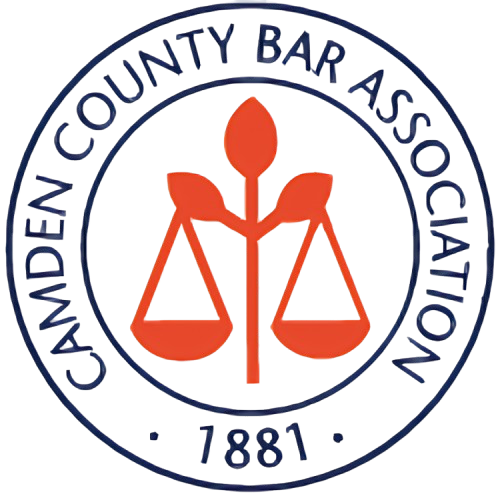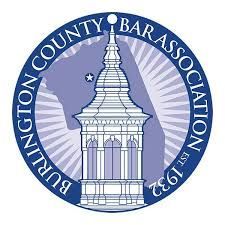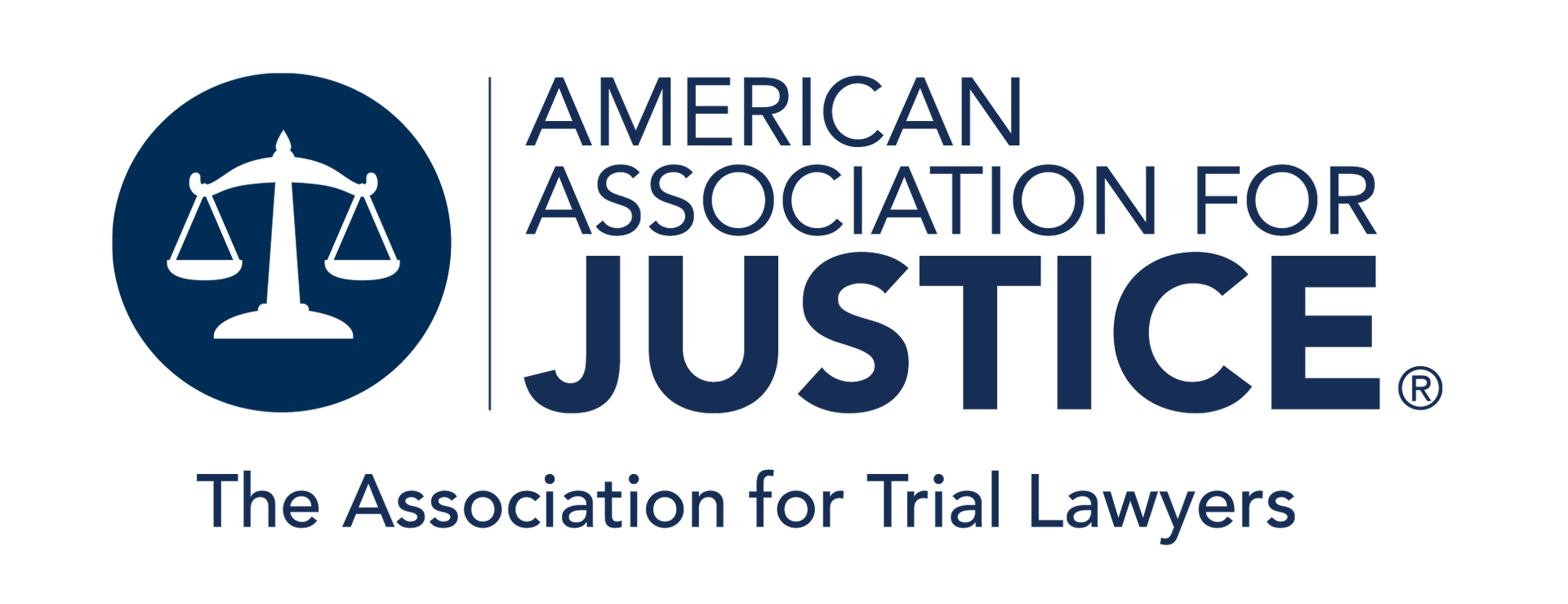What is Jurisdiction and Why Does it Matter?
Many people view the legal system as a labyrinth of complex terms and processes, one of which includes the crucial concept of jurisdiction. Misunderstood by many, jurisdiction is actually quite fundamental, dictating which court has the authority to hear and decide a case. Whether you're involved in civil or criminal proceedings, understanding jurisdiction is key to navigating your legal journey with confidence. Civil Jurisdiction: Resolving Disputes
Civil jurisdiction refers to a court's power to hear disputes between individuals, businesses, or organizations. These disputes often involve private matters such as contract disagreements, personal injury claims, or family law issues like divorce. The court’s authority in civil cases is typically determined by the location of the parties involved or where the dispute itself took place. For example, if a contract dispute arises between a company in New York and another in California, jurisdiction might depend on where the agreement was signed or where it should be executed. Criminal Jurisdiction: Upholding the Law
On the other hand, criminal jurisdiction encompasses cases where the state or federal government prosecutes individuals for violating laws. This is fundamentally different from civil cases, as criminal proceedings focus on offenses such as theft, assault, or drug-related crimes. Jurisdiction in these cases is generally based on where the illegal act occurred. It's important to remember that criminal cases are prosecuted by government entities rather than private individuals, underscoring the societal interest at play in upholding public order and safety. The Importance of Jurisdiction in Your Legal Journey
Recognizing the distinction between civil and criminal jurisdiction is pivotal for anyone navigating legal processes. Whether you are initiating a lawsuit or facing charges, knowing who has the legal authority to adjudicate your case helps in making informed decisions and taking appropriate actions. It's wise to consult a legal professional who can guide you through specific jurisdictional intricacies relevant to your situation.
In summary, a thorough understanding of jurisdiction can empower you in the legal system, providing clarity and direction. Don't leave your legal matters to guesswork; reach out to a qualified attorney to address any jurisdictional nuances you might encounter.







